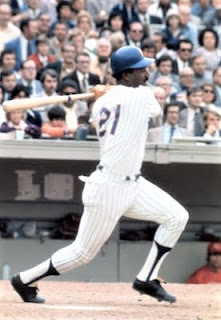(Originally published 3-14-14)
In the late-1970s and early-1980s, the Nigro family's local mail carrier
was a fellow named Louie. Never without a cigar in his mouth as he made his
appointed rounds, he was a memorable postman from a bygone era. His cigar was
his calling card and how we—fortunate enough to be among his route—knew that the
day’s mail had arrived.
In fact, our front door was typically unlocked during
the waking hours, and Louie would enter the hallway leading to the upstairs apartment and place the mail on a bottom step. In his wake was always that
distinctive cigar bouquet. Occasionally, he’d ask to use the toilet. Our family
dog, Ginger, didn’t care much for company of any kind, especially mailmen, but
Louie’s fearlessness won the day. As he delivered the mail, he could regularly be heard
exclaiming, “Shut up!” to the loudly barking Ginger. Eventually, Ginger
accepted Louie’s familiar cigar wafts and cries of “Shut up!” as par for the
course. Louie the mailman was not an unwelcome intruder after all and received a tepid
wag of the tail from her as he made his presence known.
Recently, I thought about Louie and our past open-door
policy. The late-1970s were a high crime time in New York City, my Bronx
neighborhood included. Yet, vestiges of the mentality from a more neighborly past endured. As a little kid, I don’t ever remember using a key, because
the door was always open. Neither Louie nor I needed one.
Back in the Louie the Mailman era, nobody could ever have envisioned the post office would one day be on the rocks. It seemed that
post offices and mail carriers were eternal, and that generation after
generation would covet taking the post office test for a job with security and
good benefits. It’s where my father plied his trade for a quarter of a century. But this tax season revealed once more why Louie and his vaunted employer face uncertain times. While I still mail paper tax returns to the IRS, I didn't get the tax package in the mail, which once upon a time was the norm for everybody. Courtesy of technology, there's so much lost postal business in too many places to count. I fear the scent of a cigar-chomping postman may one day be only a scent memory. Fortunately, Louie retired to Florida in the early-1980s when the going was still good. I'm sure he's delivering mail now—with his old aplomb and cigar in hand—somewhere beyond the Pearly Gates.
(Photo from the personal collection of Nicholas Nigro)







